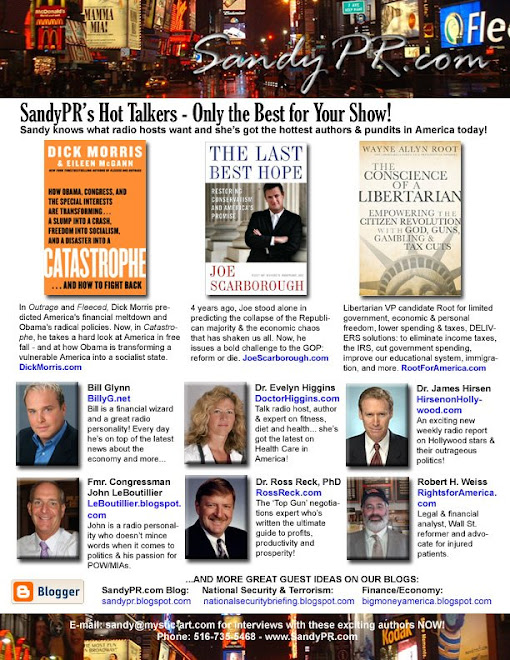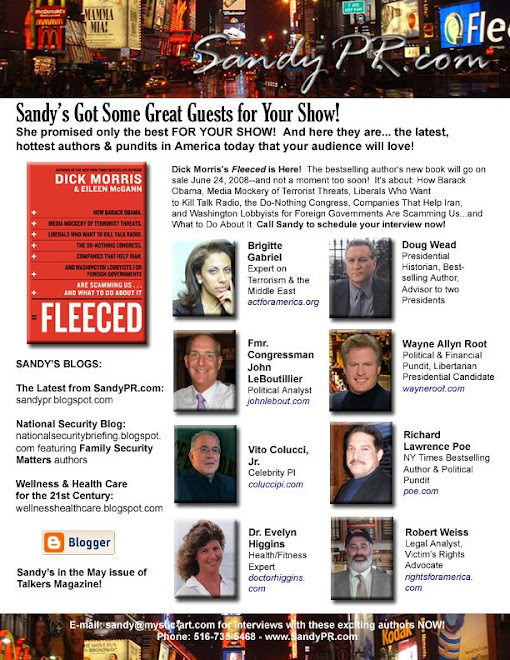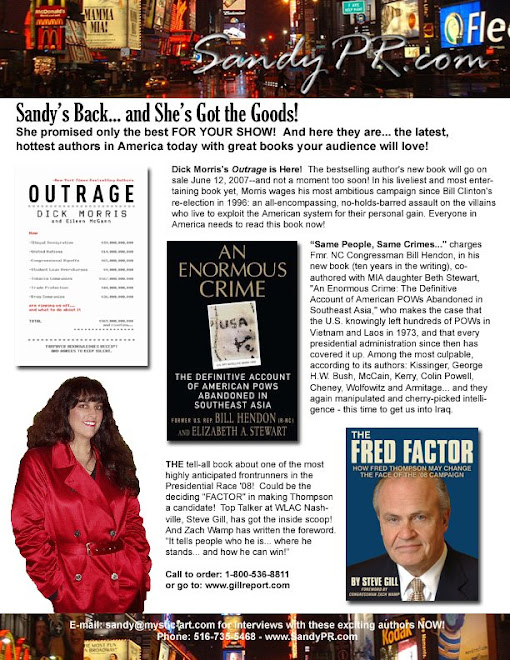|
|
|
|
|
|
The Credentialed Court
Inside the Cloistered, Elite
World of American Justice
By Benjamin H. Barton
THE CREDENTIALED COURT: Inside the Cloistered, Elite World of American Justice by Professor Benjamin H. Barton starts by establishing just how different today's Justices are from their predecessors. The book combines two massive empirical studies of every Justice's background from John Jay to Amy Coney Barrett with short, readable bios of past greats to demonstrate that today's Justices arrive on the Court with much narrower experiences than they once did.
The current Supreme Court is dominated by a particular type of lawyer. If Judge Brown Jackson is appointed, there will be seven Justices who attended an Ivy League University for undergraduate and eight Justices who went to Harvard or Yale Law School. She will be the fifth former Supreme Court clerk. She will be the sixth Justice to practice law at an elite D.C. law firm; she will be the eighth Justice to come from the U.S. Court of Appeals, and the fourth from the D.C. Circuit. From the time these Justices turned 18 and arrived at an ivy league college, they have lived remarkably similar lives.
In THE CREDENTIALED COURT, you'll learn:
·
That this is not typical
for the history of the court - we used to have Justices with long and varied
careers serving as politicians, in the military, in business, or as decorated
solo practitioners;
·
What U.S. Supreme Court
Justices did before they joined the Court and how it has changed over history;
·
The current Court is the
most diverse in history in terms of race and gender but lacks diversity across
other dimensions;
·
That today's Justices
have spent more time in elite academic settings (both as students and faculty)
than any previous Courts;
·
That the current Court
reflects these new Justices in longer opinions packed with more concurrences
and dissents. Each Justice is trying to outdo the other in terms of complex
legal analysis; and
· That one solution Professor Barton pitches is to return the Justices to circuit riding. For the first 100 years of the Court, the Justices heard cases all over the country on "circuit." If we are going to appoint cloistered D.C. lawyers to the Court, let's at least get them on the road.
Every Justice but Barrett attended either Harvard or Yale Law School, and four of the Justices were tenured professors at prestigious law schools. They also spent more time as Federal Appellate Court Judges than any previous Courts. These two jobs (tenured law professor and appellate judge) share two critical components: both jobs are basically lifetime appointments that involve little or no contact with the public at large. The modern Supreme Court Justices have spent their lives in cloistered and elite settings, the polar opposite of past Justices.
The current Supreme Court is packed with a very specific type of person: type-A overachievers who have triumphed in a long tournament measuring academic and technical legal excellence. This Court desperately lacks individuals who reflect a different type of "merit."
Professor Barton examines the exceptional and varied lives of past greats from John Marshall to Thurgood Marshall and asks how many, if any, of these giants would be nominated today. THE CREDENTIALED COURT argues against our current bookish and narrow version of meritocracy. Healthier societies offer multiple different routes to success and onto bodies like our Supreme Court.
ABOUT THE AUTHOR: Professor Ben Barton is the author of four books: Fixing Law Schools, Rebooting Justice, Glass Half Full: The Decline and Rebirth of the Legal Profession, and The Lawyer-Judge Bias in the American courts. Professor Barton is the Helen and Charles Lockett Distinguished Professor of Law at the University of Tennessee.






No comments:
Post a Comment